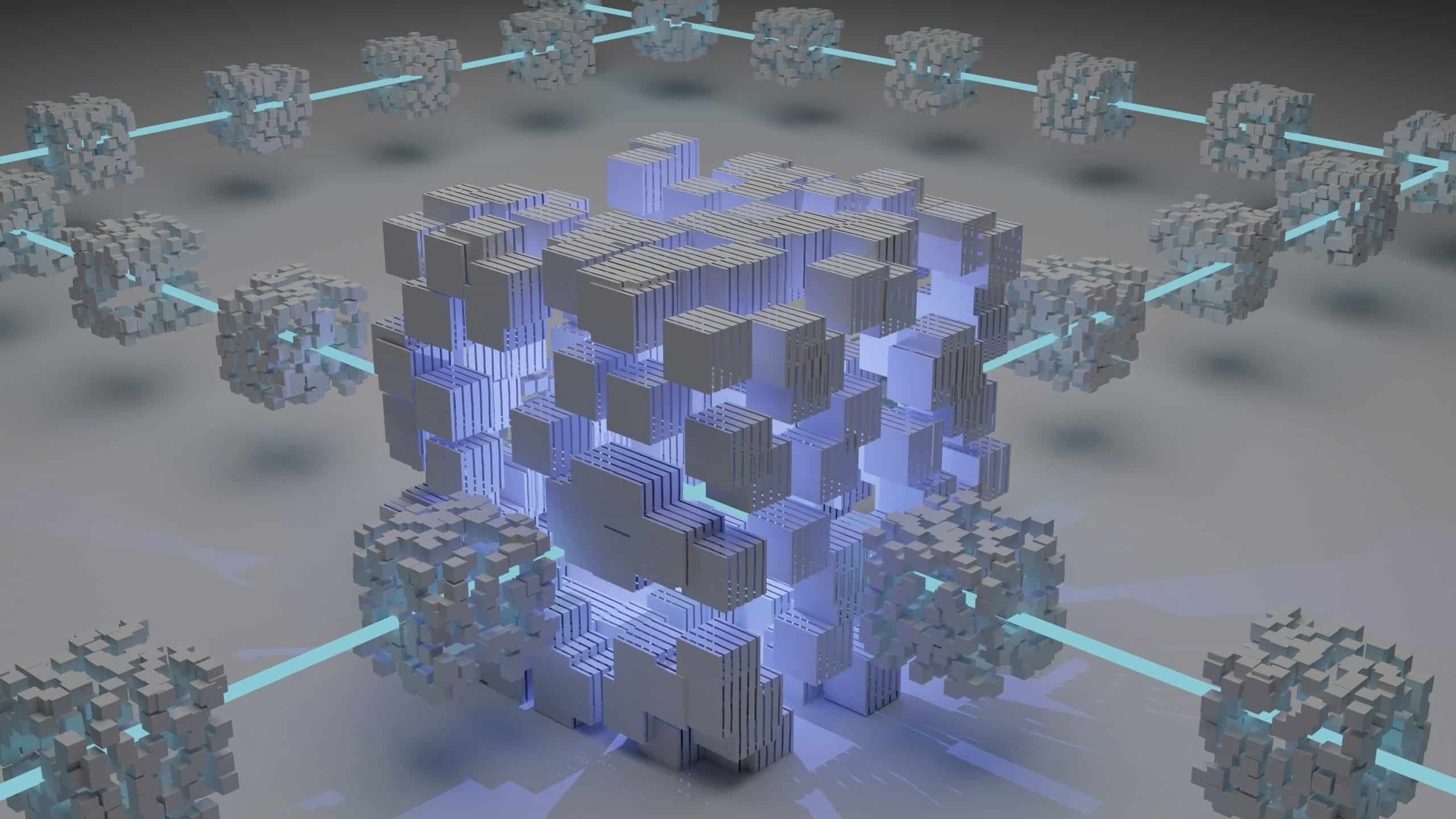With the continuous advancement in technology, the way in which we live and work is rapidly evolving. One of the most significant technological trends to emerge in recent years is the Internet of Things (IoT). The IoT refers to the network of physical devices, vehicles, buildings, and other objects embedded with electronics, software, sensors, and network connectivity that enables these objects to collect and exchange data. This innovative technology has considerable implications for various sectors, particularly the real estate industry.
The Intersection of IoT and Real Estate
The real estate sector, which has traditionally been slow to adopt technology, is entering a new era of digital transformation. The integration of IoT technologies into property management and monitoring systems has resulted in ‘smart’ buildings that are safer, more efficient, and more profitable.
Also read : What Are the Trends in Real Estate Investment Trusts (REITs) Post-COVID-19?
IoT devices such as smart thermostats, security cameras, and energy management systems can provide real-time data on property conditions, enabling property managers to make informed decisions and address potential issues before they become significant problems.
By harnessing the power of real-time data, property managers can reduce operating costs, enhance tenant satisfaction, and increase property values. These benefits are driving the widespread adoption of IoT technologies in the real estate sector.
In the same genre : How to Develop a Real Estate Portfolio with a Focus on Social Housing?
IoT for Enhanced Real Estate Security
In the realm of property security, the impact of IoT is profound. Advanced IoT devices, from smart locks to security cameras, provide a higher level of protection against potential threats. IoT technology doesn’t merely replace traditional security systems – it enhances them by providing real-time monitoring and remote management capabilities.
For instance, smart locks can be controlled remotely, allowing property managers to grant or deny access to a property at any time, from anywhere. Security cameras connected to IoT networks can provide real-time video feeds that property managers can monitor remotely.
Moreover, IoT-enabled security systems can send immediate alerts to property managers in case of any suspicious activity, breaking the time barrier that traditional security systems often face. This instant access to security information significantly reduces the risk of property damage and theft.
IoT and Smart Energy Management
Another area where IoT is making a significant impact is energy management. IoT devices like smart thermostats and lighting systems can monitor and control energy usage in real-time, resulting in substantial cost savings.
For instance, IoT devices can automatically adjust the temperature and lighting based on occupancy and usage patterns, minimizing wasted energy. Additionally, these devices can provide property managers with detailed energy usage reports, helping to identify areas where energy efficiency can be improved.
Further, IoT technologies can support renewable energy systems. For example, IoT devices can monitor and manage solar panel systems, optimizing their performance and maximizing their energy output. This synergy between IoT and renewable energy technologies can significantly reduce a property’s environmental footprint.
IoT in Industrial Real Estate
While most discussions about IoT and real estate tend to focus on residential properties, it’s crucial to note that IoT technologies are also transforming the industrial real estate sector.
In industrial properties, IoT can be used to monitor and manage a wide range of systems, from HVAC units to machinery. IoT sensors can provide real-time data on equipment performance, enabling preventative maintenance and reducing the risk of equipment failure.
Moreover, IoT technologies can enhance safety in industrial properties. For example, IoT sensors can monitor environmental conditions, detecting hazardous substances or conditions and alerting management to potential safety risks.
IoT, a Game-Changer for Real Estate Management
In conclusion, it’s clear that IoT technologies are reshaping the real estate sector. By providing real-time data and remote management capabilities, IoT devices enhance property security, improve energy efficiency, and streamline property management processes.
Whether it’s a residential building, a commercial property, or an industrial facility, IoT technologies can deliver significant benefits. As IoT technologies continue to evolve and become more accessible, their adoption in the real estate sector is set to accelerate, heralding a new era of smart property management.
IoT and Air Quality in Real Estate
Air quality, often overlooked, plays a significant role in real estate, particularly in commercial and residential buildings. With the advent of IoT technology, monitoring and improving air quality has become increasingly feasible and efficient.
IoT sensors can be installed in various parts of a building to monitor the air quality continuously. These sensors can detect pollutants and harmful particles in the air, such as carbon monoxide, particulate matter, and volatile organic compounds. Once these harmful particles are detected, the IoT system can trigger the ventilation system to improve the air quality.
Additionally, the real-time data provided by these sensors can be analyzed to understand the patterns and causes of poor air quality. This powerful insight can aid in decision making, enabling property managers to implement effective measures to improve air quality, such as installing air purifiers or adjusting ventilation systems.
Better air quality can contribute to the occupants’ well-being, leading to increased productivity in commercial buildings and improved health in residential properties. Thus, the use of IoT in monitoring and improving air quality can significantly enhance the value and appeal of real estate properties.
Case Study: IoT Adoption in Smart Homes
The power of IoT in the real estate industry can be best understood by considering a practical example. Let’s take the case of smart homes, where IoT adoption has been significantly transformative.
Smart homes employ various IoT devices and sensors to automate and streamline home management. For instance, smart thermostats in these homes can learn the homeowners’ routines and adjust the temperature accordingly, resulting in energy efficiency. Smart locks enhance security by allowing homeowners to control access to their property remotely, and even monitor who enters and exits their home in real time.
IoT devices also make homes more comfortable and convenient. Smart lighting systems can adjust the lighting based on the time of day or the occupants’ activities, while smart appliances can be controlled remotely, offering unparalleled convenience to homeowners.
The use of IoT in smart homes illustrates how technology can significantly improve property management, security, and energy efficiency, all while enhancing the comfort and convenience of the occupants.
Conclusion: The Future of IoT in Real Estate
In conclusion, the impact of IoT adoption on real estate security and management is nothing short of transformative. By providing real-time data and remote monitoring capabilities, IoT devices and sensors not only enhance property security and energy efficiency but also streamline property management processes and improve the overall quality of life for occupants.
From residential and commercial properties to industrial facilities, IoT technology is redefining the way we manage and secure real estate. As the technology advances, we can expect even more innovative IoT applications in the real estate industry, further revolutionizing property management and security.
No doubt, IoT is a game-changer for the real estate industry, and it’s only going to become more prevalent as we continue to move towards an increasingly connected world.












Comments are closed